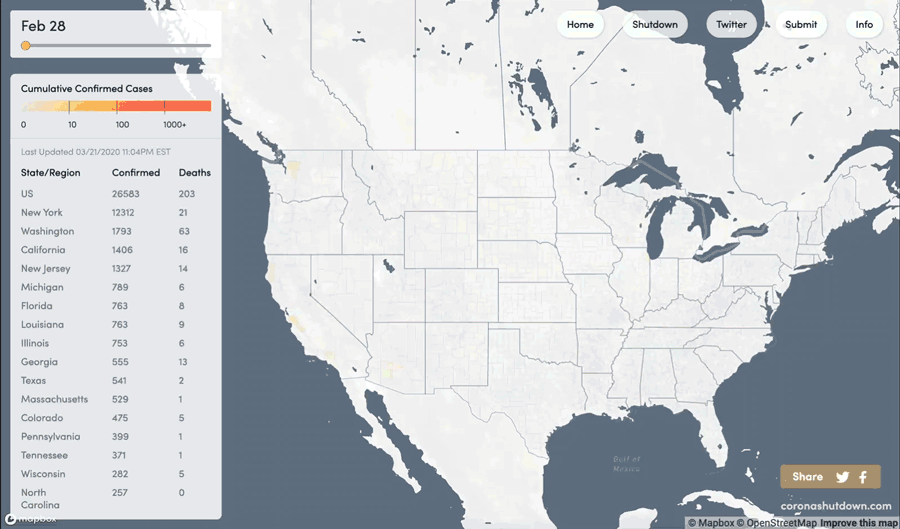Experts Discuss the Implications of Coronavirus
CMU researchers join the conversation
- Media Relations
- 412-268-2902
As the world adjusts to the global pandemic caused by the new coronavirus (COVID-19), people have questions. Researchers, staff and students from Carnegie Mellon University have lent their expertise toward finding the answers.

Luis von Ahn, consulting professor, Computer Science
Fast Company: 4 ways we can ensure remote learning is actually effective

Laurence Ales, associate professor of economics
Bloomburg: Europe’s Aversion to Hiring-and-Firing Suddenly Seems Smart Idea
Washington Post: What will the COVID-19 memorial look like? It's not too early to begin remembering
Pittsburgh Business Times: Manufactruing Disrupted: COVID-19 has disrupted international supply chains with facility closures, travel disruptions and customers' changing habits.

Alessandro Acquisti, professor, Information Technology and Public Policy, PwC William W. Cooper Professor of Risk and Regulatory Innovation
Coin Telegraph: Privacy Indifference is Conditioned, Zcash Company Says

Antonios Anastasopoulos, post-doctoral fellow, Language Technologies Institute
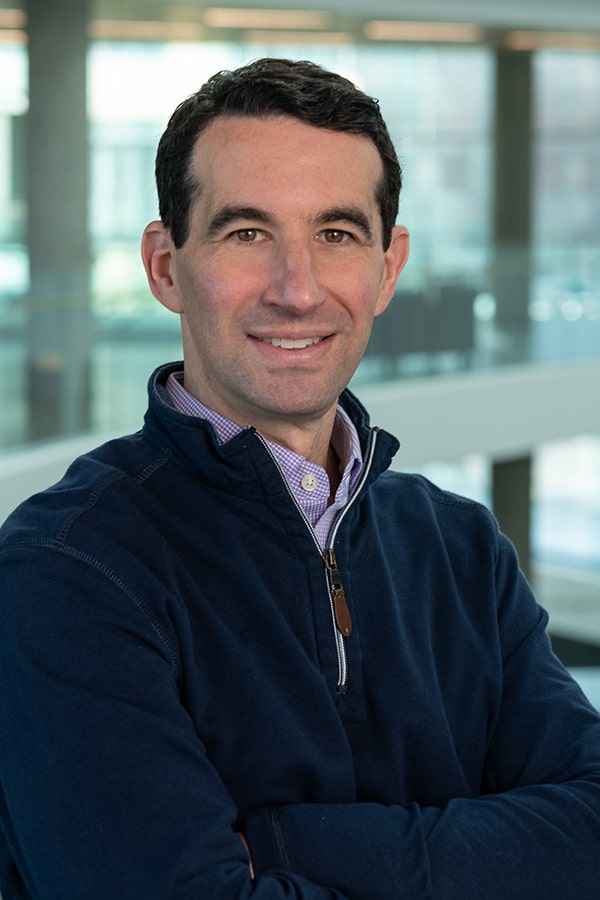
Jay Aronson, professor of history and director for the Center for Human Rights Science
Pittsburgh Post-Gazette: During COVID-related gun-buying frenzy, many are first-time owners

Jack Beuth, professor, Mechanical Engineering
Axios: 3D printing can help, but won't solve, the coronavirus equipment shortage

Carla Bevins, assistant teaching professor of business communication
USA Today: How to let others know of a death
Fortune: How to be effective when you’re presenting remotely
B.B.C.: The Zoom social etiquette guide

Jeffrey Bigham, associate professor, Human-Computer Interaction Institute
Wall Street Journal: My Girlfriend is a Chatbot

Lee Branstetter, professor of economics and public policy
Washington Post: The new coronavirus economy: A gigantic experiment reshaping how we work and live
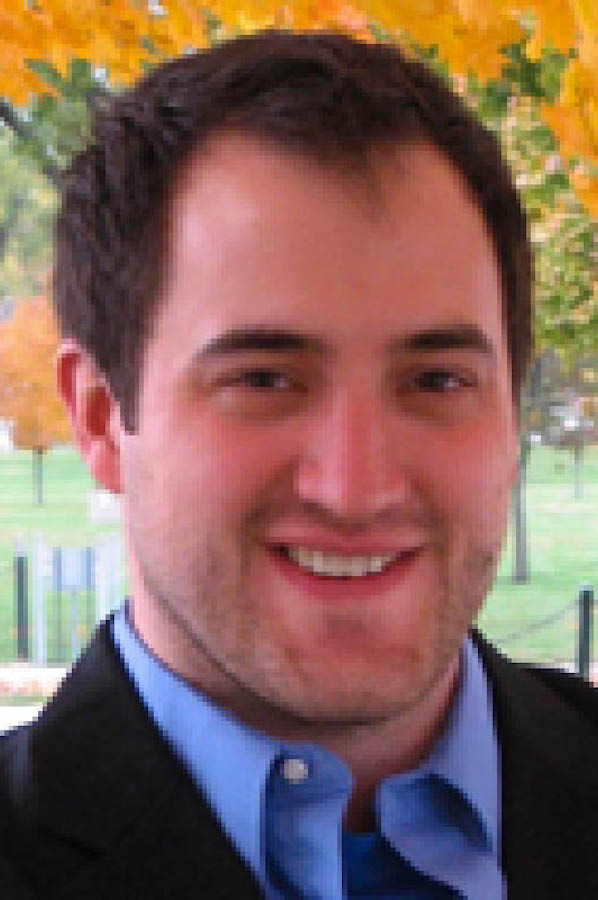
Stephen Broomell, associate professor, Social and Decision Sciences

Yang Cai, senior systems scientist, CyLab
USA Today: Traveling during coronavirus: How to get through airport security faster – and safer
The Seattle Times: How to get through airport security faster during the COVID-19 pandemic — and why you should do so

Stan Caldwell, adjunct associate professor, Transportation And Public Policy
The Washington Post: What will summer vacation be like in the midst of the coronavirus pandemic?
Public Source: Ridership down, cleaning costs up, Port Authority navigates financial hurdles of COVID-19

Jonathan Caulkins, H. Guyford Stever University Professor of Operations Research and Public Policy
Politico: With a Little Ingenuity, We Can Reopen Much of the Economy Right Now
The Hill: Marijuana lobby presses for coronavirus relief funds
Vox: 4/20 in the age of coronavirus, explained
Newsweek: How the Pandemic is Making the Opioid Crisis Worse

Devendra Chaplot, Ph.D. candidate, Machine Learning
VentureBeat: How the pandemic is influencing robotics research
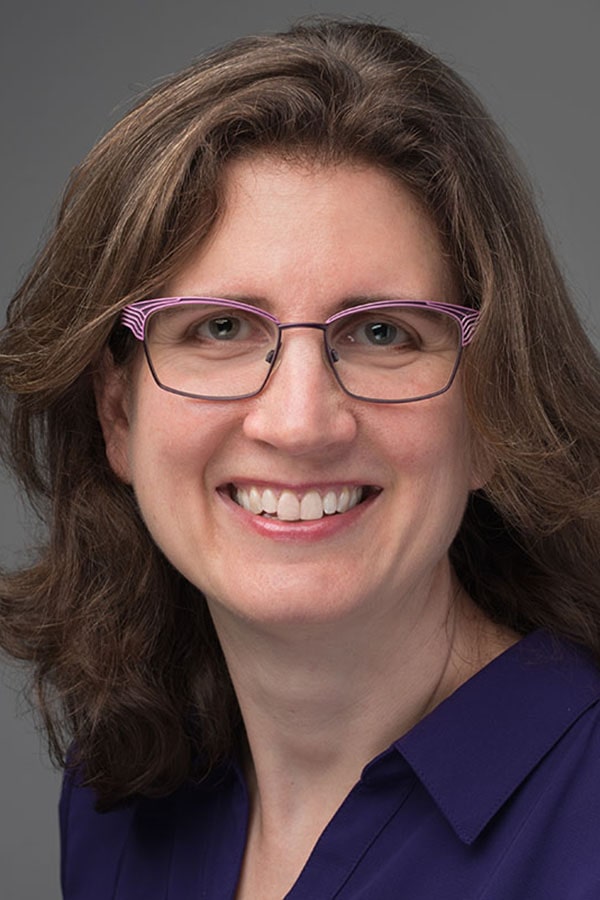
Gretchen Chapman, Psychology
Slate: How to Use Psychology to Convince People to Take Social Distancing Seriously
Market Watch: 10 ways to get a coronavirus skeptic to take the pandemic seriously: 'Anecdotes are much more convincing than statistics'
Pittsburgh Tribune-Review: Don't want to wear a mask? Try a face shield

Howie Choset, Kavcic-Moura Professor of Computer Science
VentureBeat: Carnegie Mellon and University of Pittsburgh develop low-cost, modular ICU ventilator

Rosalind Chow, associate professor, Organizational Behavior and Theory
NBC News: Vietnamese-owned nail salons donate thousands of masks, gloves, more to hospitals

Colin Clarke, assistant teaching professor, Institute for Politics and Strategy

Karen Clay, professor of economics and public policy
Detroit News: Recession panel could make official US call prior to election
The Center for Public Integrity/Mother Jones: A Likely But Hidden Coronavirus Risk Factor: Pollution
WESA: Can Air Pollution Make Coronavirus Worse? Scientists Say Yes — Probably in Both Cases and Severity
Discover: COVID-19 Could Hit Hardest in Places with the Most Air Pollution
Salon: As millions lose insurance, states cut Medicaid in response to the coronavirus crisis
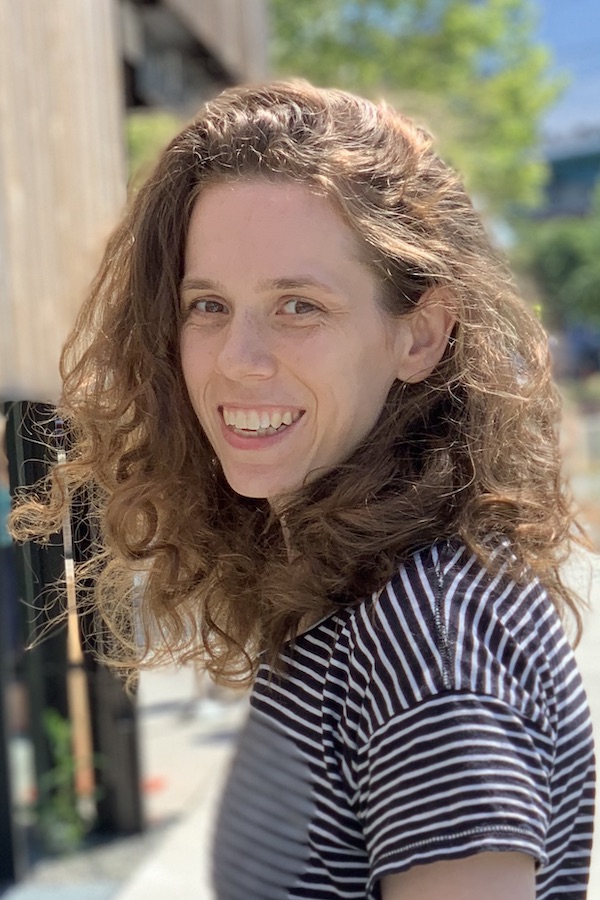
Camille Cobb, post-doctoral fellow, CyLab
Science Daily: 'I saw you were online': How online status indicators shape our behavior
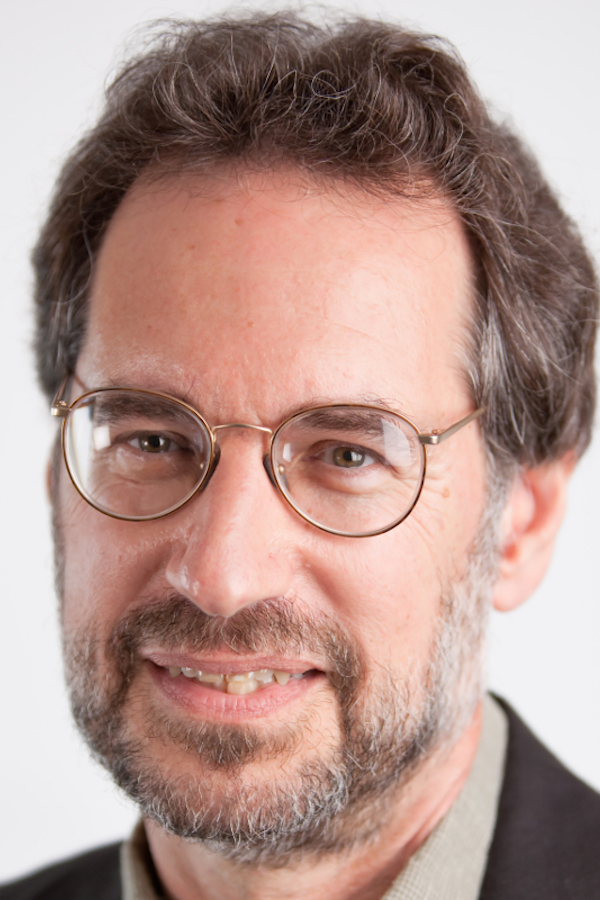
Sheldon Cohen, Robert E. Doherty Professor of Psychology, University Professor, Professor of Psychology
Time: The Coronavirus Outbreak Keeps Humans From Touching. Here's Why That's So Stressful
Forbes: Beware the "Shock Market": How to Think and Act During the Pandemic
TheScientist: Losing Touch: Another Drawback of the COVID-19 Pandemic
The Wall Street Journal: Isolating the Elderly is Bad for Their Health
Fast Company: How susceptible are you to COVID-19? These simple hacks could help fight it

Keith Cook, professor, Biomedical Engineering
VentureBeat: Carnegie Mellon and University of Pittsburgh develop low-cost, modular ICU ventilator

Lorrie Cranor, FORE Systems Professor, Engineering & Public Policy, and School of Computer Science; Director and Bosch Distinguished Professor in Security and Privacy Technologies, CyLab Usable Privacy and Security Laboratory
Pittsburgh Post-Gazette: Contact tracing by app: life-saving or invasion of privacy?
Wired: Now's the Perfect Time to Start Using a Password Manager
Fox News: You might want to change your password after this shocking study

J. David Creswell, associate professor, Psychology
MIT Technology Review: How to stay sane when the world's going mad
Business Insider: 7 benefits of meditation, and how it can affect your brain
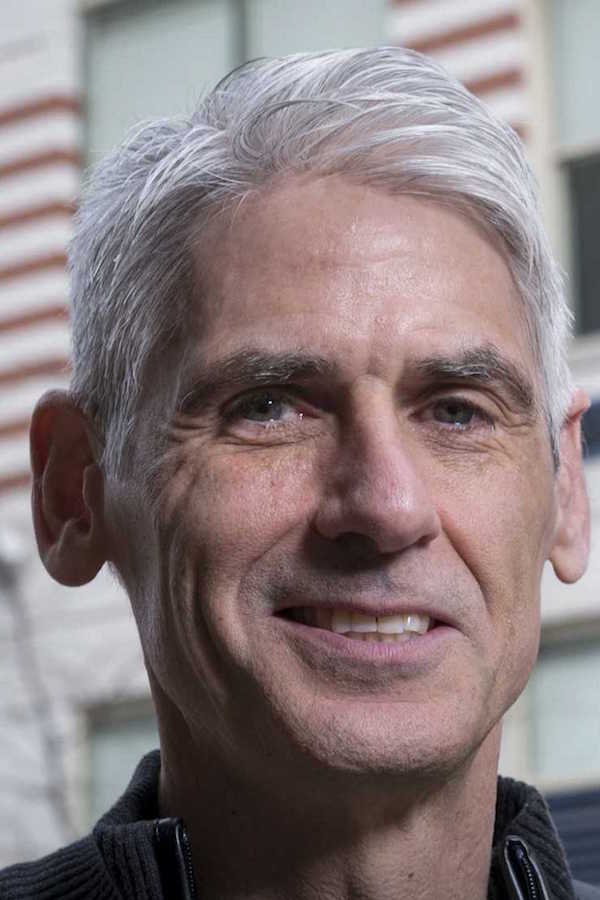
Jim Daniels, Thomas Stockham Baker University Professor of English
Pittsburgh Post-Gazette: 'Maker & Muse' jewelry inspires poets in virtual reading
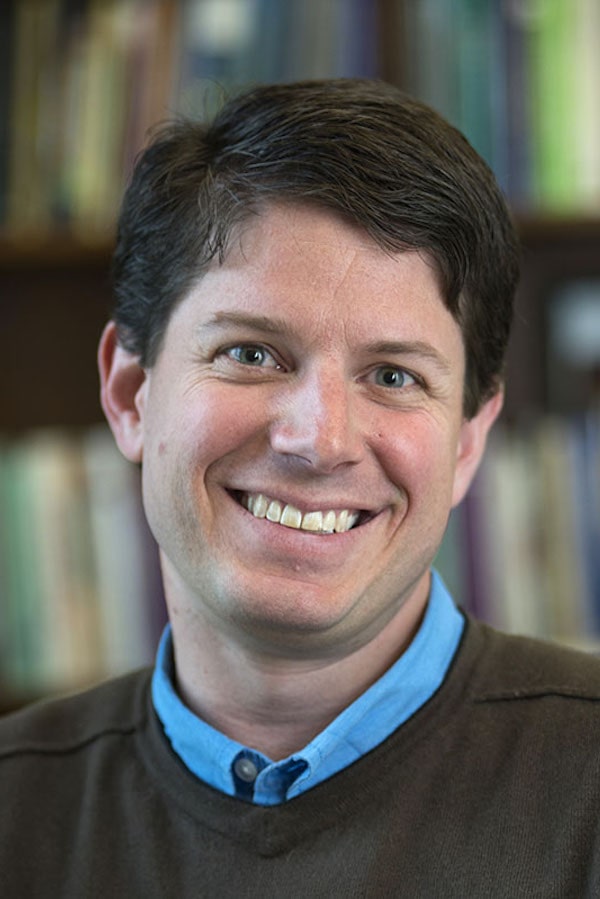
David Danks, Department Head & L.L. Thurstone Professor of Philosophy and Psychology
Education Week: What Soldiers, Doctors, and Professors Can Teach Us About Artificial Intelligence During COVID-19

Simon DeDeo, assistant professor of Social and Decision Sciences
Science News: How big a gathering is too large during the coronavirus pandemic?
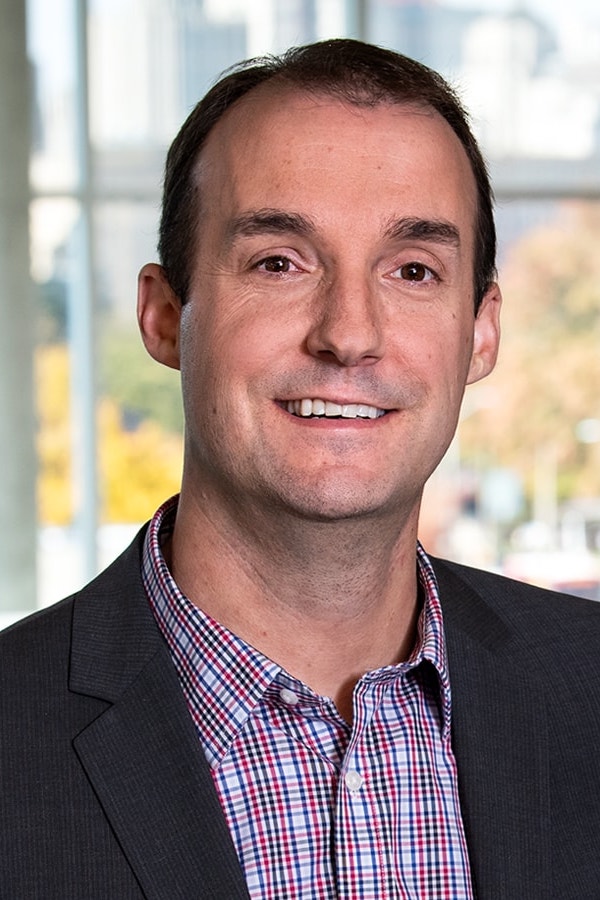
Tim Derdenger, associate professor, Marketing and Strategy
The Washington Post: The Technology 202: Apple in the antitrust spotlight as coronavirus pandemic boosts mobile payments
Los Angeles Times: What rich people are buying during coronavirus. Hint: It's not toilet paper.
The New York Times: As Training Camps Near, N.F.L. and Players Debate Protocols

Neil Donahue, Thomas Lord Professor, Chemical Engineering, Chemistry, Engineering and Public Policy; Director, Steinbrenner Institute for Environmental Education and Research
KDKA CBS Pittsburgh: Coronavirus Spreading Through Your Air Conditioner? Experts say it's possible

Brooke Feeney, professor, Psychology
CNN: Dating at a Distance: Dr. Sanjay Gupta's coronavirus podcast for April 16

Erica Fuchs, professor, Engineering and Public Policy
MIT Technology Review: Why tech didn't save us from COVID-19

Jeffrey Galak, associate professor, Marketing
Associated Press: Worry, haste, retail therapy: What have we bought and why?
Marketplace: How the pandemic is changing high fashion
Forbes: Daycare Dilemma: Smaller Classes and Higher Costs are Hurting Working Families

Emaneula Grama, Associate professor, History
WESA: As the Pandemic Continues, Advocates Say an Extended Ban on Evictions is Needed

Daniel Green, Director, Master Of Entertainment Industry Management Program
BBC News: Why Hollywood needs computer games tech more than ever

Deeksha Gupta, assistant professor, Finance
Reuters: U.S. mortgage industry braces for more strain as support talks stall
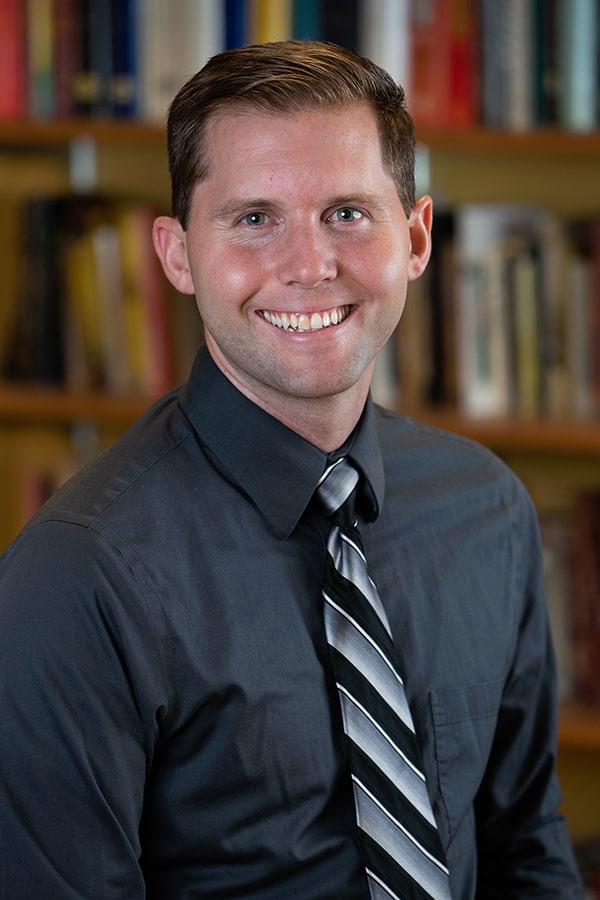
Alex Helberg, Ph.D. student in Rhetoric
Pittsburgh Post-Gazette: On college campuses, strength, kindness despite upheaval from a pandemic

Alex Hiniker, executive fellow for sustainability initiatives

Kathleen M. Carley, professor in the Institute for Software Research
Popular Science: Yes, the new coronavirus is mutating—but that’s not a bad thing
TechXplore: Q&A with Kathleen Carley on the spread of coronavirus disinformation
WESA: There is 'Way, Way More' Disinformation Related to Coronavirus Compared to Other Events
PBS News Hour: Why uncertainty about coronavirus breeds opportunity for misinformation
New York Post: Coronavirus misinformation flourishes in online protest groups
Vice News: Nearly 50% of Twitter Accounts Talking about Coronavirus Might Be Bots
The Guardian: Twitter taking on Trump's lies? About time, too.
NPR: WHYY: The cost and hidden silver lining of COVID-19 misinformation
Forbes: The Event Horizon of Truth
Huffington Post: Bots Are Likely Responsible for Nearly Half of COVID-19 Tweets, Say Researchers
Fast Company: 45% of Twitter accounts posting COVID-19 messages are likely bots, study says
The Hill: The front line of information warefare is literally in your hand
Salon: Widower pleased with Twitter to delete Trump tweets claiming Joe Scarborough killed his late wife
NPR: Social Media Useage Is At An All-Time High. That Could Mean A Nightmare For Democracy
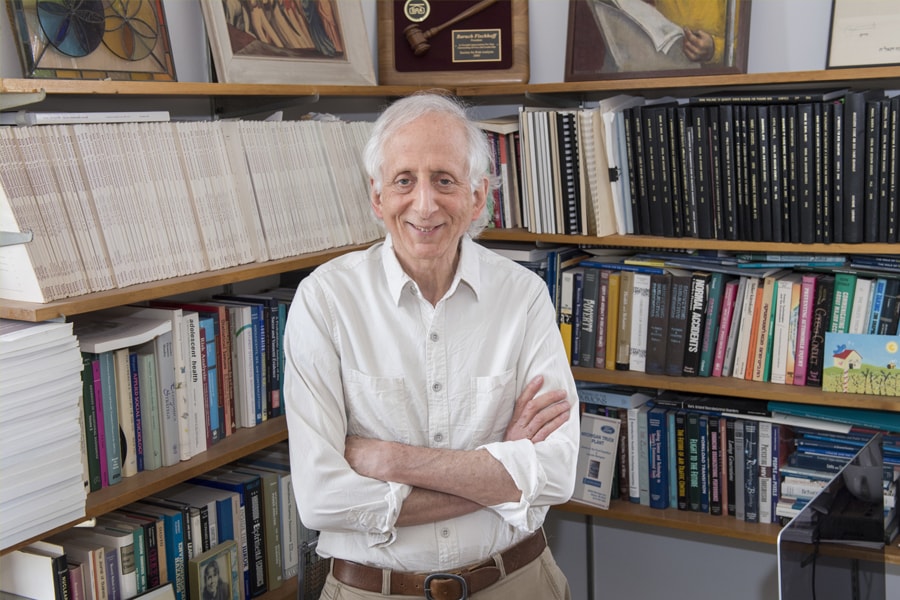
CNN: Is going to the beach ok? What about hiking?
The Atlantic: The People Ignoring Social Distancing
SELF magazine: What to Do If Your Anxiety About Coronavirus Feels Overwhelming
B.B.C. Newshour: President Trump's travel ban on twenty-six European countries has now come into force
L.A. Times: Why you should stop obsessing about coronavirus news and how to do it
Reuters: How many Americans have coronavirus? New Routers poll might offer a hint.
Wired: Can the public be trusted in a pandemic?
The Jakarta Post: Coronavirus anxiety is a thing: Here's how to handle it
CIDRAP News: Data do not back cloth masks to limit COVID-19, experts say
The Irish Times: Love in the time of coronavirus: Keeping relationships alive during lockdown
Pittsburgh Post-Gazette: Are homemade face masks effective in protecting against COVID-19?
U.S. News & World Report: States Begin to Reopen During COVID Crisis, but Not Everyone Feels Ready
The Baltimore Sun: 'A little piece of normal': With Maryland creaking open, families left to navigate how far to venture out
Pittsburgh Post-Gazette: CMU expert: In times of crisis, people want facts, not spin
The New Yorker: The Global Panic Over the Coronavirus
CNN: Should you travel during the coronavirus outbreak?
American Psychological Association: Speaking of Psychology: Coronavirus Anxiety
ABC News: How to deal with fear of novel coronavirus in the face of the unknown
Boston Globe: Isolation to stop the spread of coronavirus makes sense. But why is it still so hard to stay inside?
Insurance Journal: Coronavirus Pandemic Reveals the Science of Risk That Shapes Our Lives
CNN: Long-term social distancing may be traumatic. Here is what to expect and what to do
Marketplace: A soap opera leads the way into post-lockdown Hollywood
WESA: COVID Communication Confusion Can Be Cleared Up, Says CMU Professor
Center for Ethics and Policy Supports Service Industry
As health experts begin mandating the closure of non-essential businesses for social distancing, service industry workers have seen their income opportunities evaporate. Carnegie Mellon University's Center for Ethics and Policy has created a Virtual Tip Jar as a way to help. Service industry workers can enter payment account information, and people can send tips to their favorite bartender, stylist, and other service industry employees. The Virtual Tip Jar site includes information for others to replicate the effort in their own city.
CMU Undergrad Creates Online Zoom Party
When more than 1,000 people expressed interest in an online event named "OK, Zoomer, A Party," CMU first-year student Mehul Agarwal knew he was on to something special. Agarwal created a Facebook group called "Zoom Memes for Self Quaranteens" that quickly bloomed to include over 600,000 members eager to connect. Coverage of the group has even appeared in The Atlantic.

Burton Hollifield, PNC Professor of Finance; Professor of Financial Economics; Head, Undergraduate Business Administration Program
CBC: U.S. airlines taking more reservations, slowly plotting return of some routes
New York Post: Southwest, United Airlines say recovery is in the air

Jason Hong, professor in the Human-Computer Interaction Institute
Pittsburgh Post-Gazette: Stuck in quarantine? Stats show surge in time spent on video games, movies and grammar lessons
Pittsburgh Tribune-Review: Who is tracking your smartphone data during coronavirus pandemic?

Terry Irwin, professor and director, Transition Design Institute
Fast Company: This 22-foot long 'problem map' looks at the systemic failures that made COVID spread in the U.S.

Gary Kline, teaching professor, Voice
The New York Times: 'The World Goes Away' and Other Lessons from Online Acting Class

Ramayya Krishnan, dean of the Heinz College of Information Systems and Public Policy
AFP: Pandemic exposes ‘digital divide’ as schools, workplaces close
Pittsburgh Business Times: Will Allegheny County meet the criteria to 'go yellow'? It depends
Pittsburgh Business Times: Confused by red-yellow-green? Here's how the state (and CMU) describe it
ABC News: A tale of two pandemics: How coronavirus split the map of the U.S.

Swarun Kumar, assistant professor, Electrical and Computer Engineering
The Intercept: The Inventors of Bluetooth Say There Could Be Problems Using Their Tech for Coronavirus Contact Tracing

Sunkee Lee, assistant professor, Organizational Theory
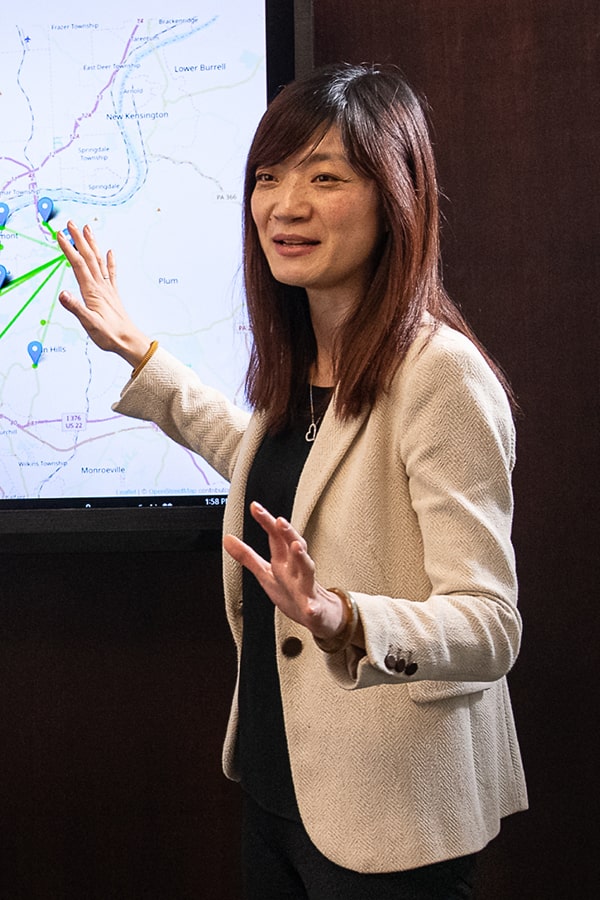
Beibei Li, Anna Loomis McCandless Chair and associate professor of IT and management
NPR: Stuck Inside? Here's Your TV Streaming Strategy
Pittsburgh Tribune-Review: More people willing to share location data for contact tracing, new study shows

Po-Shen Loh, associate professor of mathematics
Popular Mechanics: This Professor Will Teach You Math for Free While You're Social Distancing
Pittsburgh Tribune-Review: CMU develops contact tracing app using ultrasound technology
Pittsburgh Tribune-Review: Editorial: Nursing home data key to COVID-19 response
Fast Company: Contact tracing apps are on the way. Will they help us get back to normal?
WPXI: NOVID app helps track coronavirus without getting personal
Tech Crunch: Demonstrating 15 contact tracing and other tools built to mitigate the imact of COVID-19
Pittsburgh Current: Contact Tracing: There's An App for That
Washington Examiner: A personal COVID-19 radar could be key to resuming daily life

Alex John London, Clara L. West Professor of Ethics and Philosophy and director of the Center for Ethics and Policy
Vice: How Not to be a coronavirus Jerk
Quartz: The race to develop coronavirus treatments pushes the ethics of clinical trials
KDKA: ‘Nobody Wants To Make These Decisions’: Who Gets A Ventilator In The Coronavirus Pandemic?
Futurity: Ethicist: Hydroxychloroquine Hype Could Bungle the Science
Axios: The high stakes of low scientific standards
CBS Pittsburgh: Coronavirus Coverage: Is The United States Going To Issue 'Immunity Certificates?' How Do You Get One?
ABC News: Injecting healthy adults with live coronavirus provides moral dilemma, faster path to vaccine
Scientific American: Shortcuts in COVID-19 Drug Research Could Do Long-Term Harm, Bioethicists Worry
European Pharmaceutical Review: Research focus should remain on high quality studies during COVID-19 pandemic, say scientists
Quartz: Scientists want to see the evidence that shows remdesivir works for COVID-19
Quartz: Regulators would consider releasing an unapproved coronavirus vaccine
Seattle Times: Clinical trial enrollment plummets as volunteers are scared off coronavirus drugs promoted by Trump
Inside Higher Ed: Rush to Publish Risks Undermining COVID-19 Research
Wired: Where Should COVID-19 Vaccines Be Tested? It's a Moving Target
The Verge: An important part of science is admitting when we're wrong
The Verge: Russia rushes registration of unproven coronavirus vaccine

George Loewenstein, Herbert A. Simon University Professor of Economics and Psychology
MarketWatch: How do you choose between economic ‘deaths of despair’ and coronavirus victims?
The Economist: The hard choices covid policymakers face
Forbes: How College Campus Closings Are Affecting Graduating Seniors
Forbes: Serendipity Lost? How All-Digital Engagements Shape Innovation
Washington Post: Antibody tests might be deceptively dangerous. Blame the math.
Inc.: How to Add a COVID Surcharge Without Alienating Customers

Danith Ly, professor, Chemistry
Pittsburgh Post-Gazette: Startup funding continues in Pittsburgh, despite COVID-19 shutdown

David Mawhinney, associate teaching professor, Entrepreneurship; executive director, Swartz Center for Entrepreneurship
Business Insider: How to decide whether to furlough or lay off staff — and the costs and benefits of each, according to experts

Tony McKay, associate professor, Acting
The New York Times: 'The World Goes Away' and Other Lessons from Online Acting Class

Leigh Metcalf, senior network security research analyst, Software Engineering Institute
SC Magazine: Cure worse than disease? Patching riskier under COVID-19 work-from-home policies

Kevin Monahan, associate dean, Career and Professional Development
U.S. News & World Report: How to Prepare for College Graduation

M. Granger Morgan, Hamerschlag University Professor of Engineering; Engineering & Public Policy, Electrical and Computer Engineering, Heinz College; Co-Director, Center for Climate and Energy Decision Making; Co-Director, Carnegie Mellon Electricity Industry Center
New York Times: Disinfectant Riff Is Latest of Many Trump Science Clashes
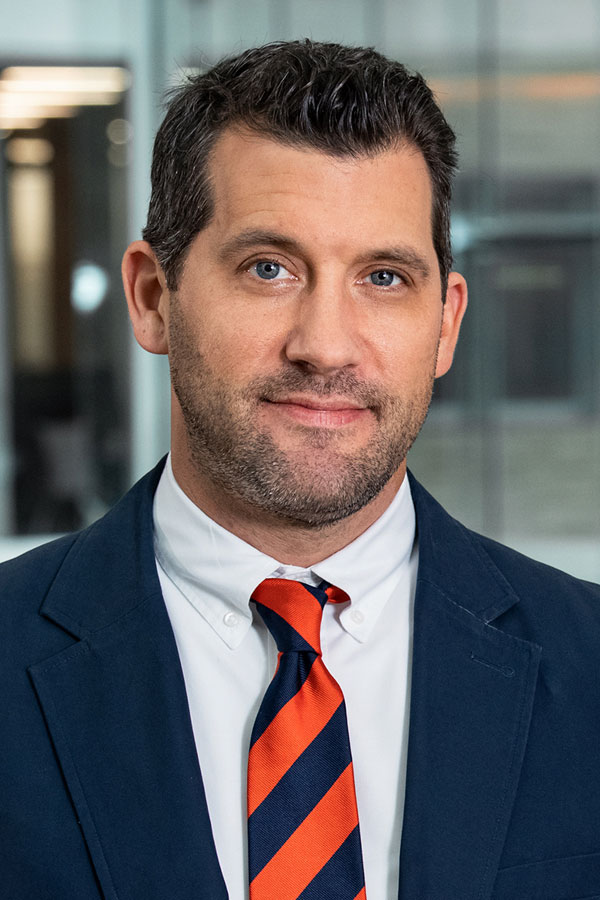
Nicholas Muller, Lester and Judith Lave Development Chair in Economics, Engineering, and Public Policy
Washington Examiner: Air pollution deaths fell by nearly a quarter because of lockdowns: Study

Robert Murphy, Ray and Stephanie Lane Professor, Computational Biology and Biomedical Engineering
Wall Street Journal: Biotech Companies Tap AI to Speed Path to Coronavirus Treatments

Daniel Nagin, Teresa and H. John Heinz III University Professor of Public Policy and Statistics
Time: Anticipating COVID-19 Outbreaks, Rikers Island Offers Warning For U.S. Jails, Prisons
MedicalXpress: Expert explains increased vulnerability of prisoners and police in pandemic
Bloomberg: Some Crimes Are Spiking in America's Major Cities
Wall Street Journal: New York Police Department Expects Post-Pandemic Crime Surge

Anh Nguyen, assistant professor of economics

Christopher Olivola, associate professor, Marketing
San Francisco: 'God has not abandoned us': Recipients grateful for reader generosity
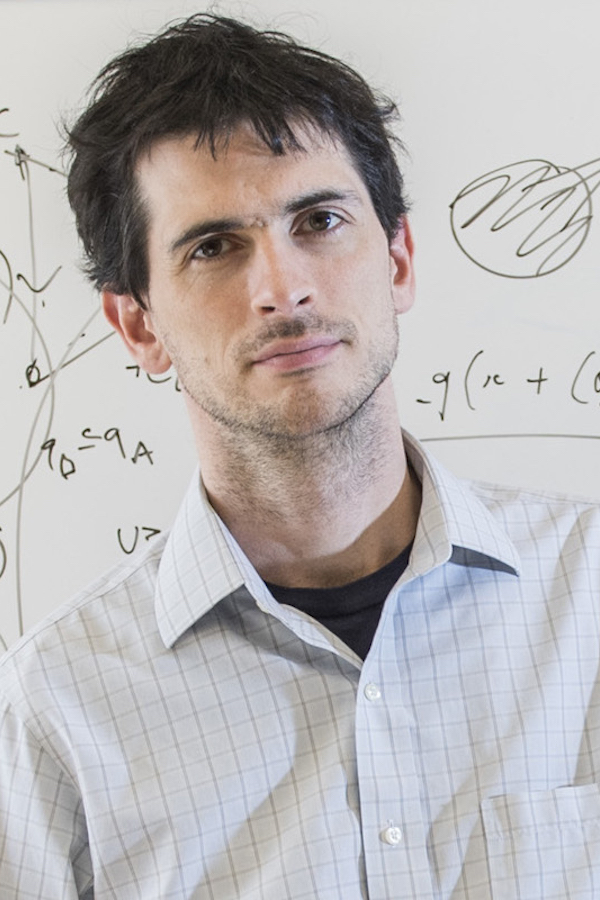
Wesley Pegden, associate professor of mathematics
Pittsburgh Tribune-Review: Pittsburgh professors see flaws in coronavirus modeling, predict more grim outlook
FitsNews: The Scariest Coronavirus Story We've Read Yet
Popular Science: Will it be safe to hold the Olympics in 2021?
Policy Options: How do we know a full lockdown is the best option for COVID-19?
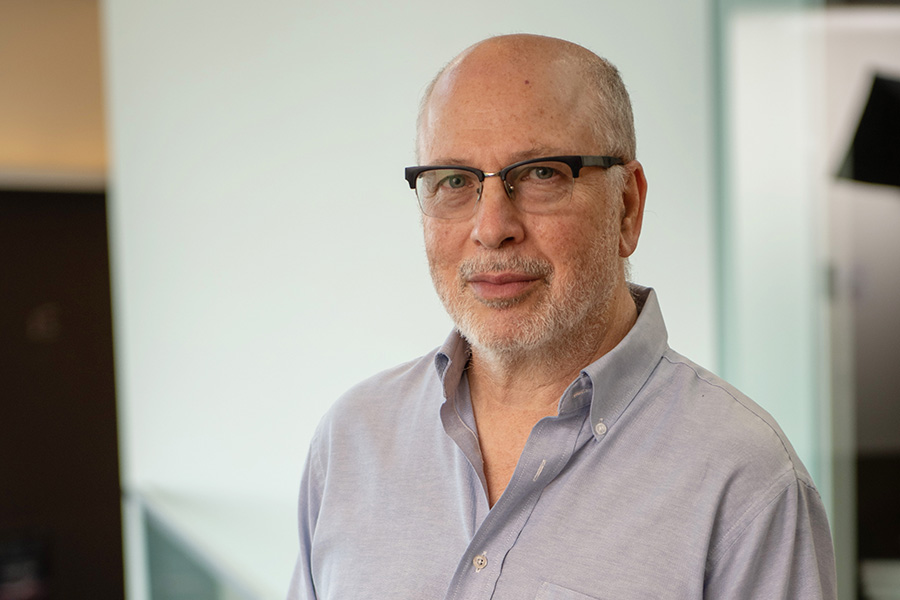
Vox: You — yes, you — can help AI predict the spread of coronavirus
MIT Technology Review: This is how the CDC is trying to forecast coronavirus’s spread
WPXI: CMU asked to forecast spread of coronavirus
Venture Beat: Facebook surveys users about coronavirus symptoms as part of Carnegie Mellon research project
KDKA: Coronavirus in Pittsburgh: Facebook Teams with Carnegie Mellon for Survey on Symptoms
Reuters: Facebook asks users about coronavirus symptoms, releases friendship data to researchers
Pittsburgh Tribune-Review: Carnegie Mellon partners with Facebook to gather coronavirus data from residents
Venture Beat: AI Weekly: When to ship or shelve a coronavirus solution
The Verge: Facebook will expand its symptom tracking survey globally to measure the spread of COVID-19
Computer World: Tech pitches in to fight COVID-19 pandemic
CNBC: Facebook is tracking coronavirus symptoms by county to identify hotspots
Market Watch: Facebook releases national map showing coronavirus symptoms
The Washington Post: The Technology 202: Coronavirus could change how social networks approach public health
Fortune: More surveillance, not less, will be the new normal in a forever changed world
WESA: CMU Partners With Facebook, Google to Predict Coronavirus Transmission
Philadelphia Inquirer: Pa. regions with few coronavirus cases could begin reopening May 8 under new tiered system, Gov. Tom Wolf says
Advisory Board: COVID-19 roundup: NIH partners with drugmakers to establish nationwide COVID-19 research strategy
Slate: A New Approach to Getting Real-Time Coronavirus Stats
Pittsburgh Tribune-Review: Carnegie Mellon's COVIDcast site displays real-time data on pandemic in the U.S.
Science: Artificial intelligence systems aim to sniff out signs of COVID-19 breakouts
Pittsburgh Tribune-Review: Coronavirus cases in Pa. up to 10; Carnegie Mellon researchers to work into summer forecasting spread
The Wall Street Journal: How Many People Will Get Sick From the Coronavirus? Epidemiologists Model Answers
Venture Beat: Surveillance, AI and saving lives top agenda at coronavirus conference
Tech Crunch: Facebook starts prompting U.S. users to fill out a COVID-19 survey to help track the virus
Forbes: How Sharing Your Coronavirus Symptoms Through Facebook Can Help Beat the Pandemic
Vox: Predictions are hard, especially about the coronavirus
Republic World: WHO Launches Interactive Service On Facebook Messenger To Provide Information On COVID-19
9to5Mac: Facebook coronavirus symptom checker: 1M responses/week, publishes first data
Wall Street Journal: Coronavirus Trackers Try Out AI Tools as Eyes Turn To Reopening
New York Post: Mark Zuckerberg taking central role in coronavirus management
Consumer Affairs: Coronavirus update: Shake Shack gives back loan, Facebook offers a symptom map
The Verge: How Facebook's pandemic relief efforts could be undermined by its own user base
MIT Technology Review: Facebook has released a map of coronavirus symptoms crowdsourced from its users
WPXI: Carnegie Mellon researchers gather medical, self-reported data to track coronavirus activity
BBC News: Coronavirus: Facebook launches UK COVID-19 symptom survey
Fast Company: This coronavirus symptoms map will show you what percentage of your neighbors are feeling sick
Slate: A New Approach to Getting Real-Time Coronavirus Stats
Science: The Wire: The More Effectively We Track the Data, the Less Speculative Our Coronavirus Models Will Be
Consumer Reports: Consumer Data is Being Used to Track the Coronavirus
Scientific American: Prediction Tools Can Save Lives in the COVID-19 Crisis

Jon Peha, professor of engineering and public policy
New York Times: So We’re Working From Home. Can the Internet Handle It?

Albert Presto, associate research professor, Mechanical Engineering
WESA: Can Air Pollution Make Coronavirus Worse? Scientists Say Yes — Possibly in Both Cases and Severity

Stephen Rakas, executive director, Masters Career Center

Dudley Reynolds, co-area head, Arts and Sciences, CMU Qatar
The Peninsula: Opportunities for language education in a post-pandemic world

Anne Robinson, department head, Chemical Engineering

Denise Rousseau, H.J. Heinz II University Professor of Organizational Behavior and Public Policy
Time: What Is 'Social Distancing?' Here's How to Best Practice It as Coronavirus Spreads
ABC News: As coronavirus spreads in the US, employers gear up for massive work-from-home experiment
Cleveland.com: The necessary new normal: How the deadly coronavirus pandemic will reshape Ohio, the world and us
The Huffington Post: The Coronavirus is Creating a Mental Health Crisis in America's Workforce
Pittsburgh Post-Gazette: Your personality type helps determine how you respond to COVID-19
USA Today: Should employers force workers to get a COVID vaccine? Some experts say they should

Thomas Ruchti, assistant professor, Accounting; Richard C. Green Junior Faculty Development Chair
The Wall Street Journal: Clothing Companies Want to Hold On to Unsold Inventory

Bryan Routledge, associate professor of finance
The Hill: Stocks have worst week in a decade on coronavirus fears
NBC News: Fed Chair Jerome Powell says coronavirus presents 'evolving risks' to the U.S. economy
Fortune: A look at the tech troubles plaguing the stimulus check and PPP small business loan portals
NBC News: Federal Reserve 'stress tests' show some banks may struggle amid the pandemic
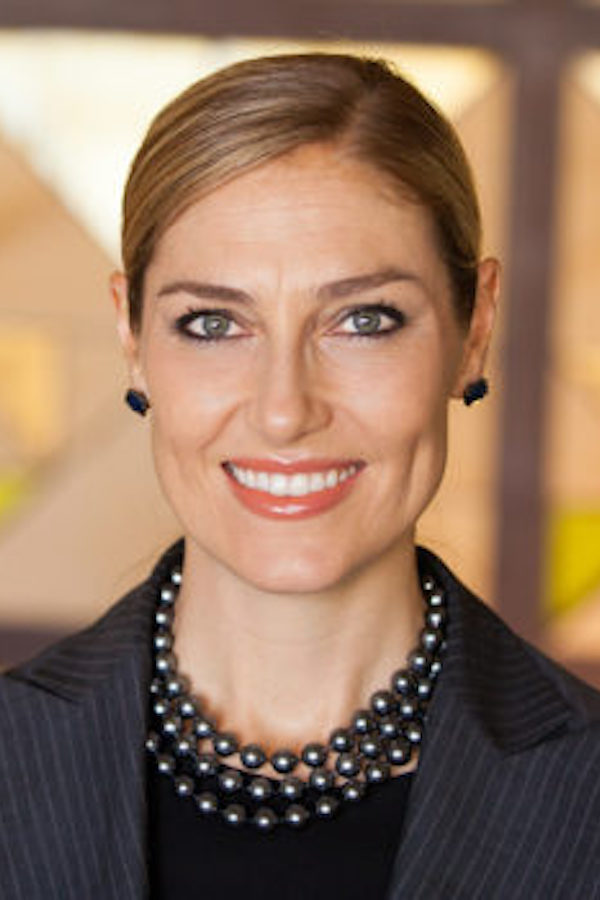
Cecile le Roux, assistant teaching professor, Organization and Behavior
Gulf Times: How to keep remote teams connected, happy and productive

Costa Samaras, associate professor of civil and environmental engineering
Gizmodo: Now is the Time to Invest in a Green New Deal
Axios: Coronavirus is a Rorschach test on how best to battle climate change
E&E News: Coronavirus is reducing CO2. Why that's worrisome
Forbes: Carbon Intensity of U.S. Power Plunges as Coal Accelerates Collapse
National Geographic: Plunge in carbon emissions from lockdown will not slow climate change
Scientific American: COVID-19 Pandemic Shows Telecommuting Can Help Fight Climate Change

Alan Andrew Scheller-Wolf, Richard M. Cyert Professor of Operations Management; Senior Associate Dean, Faculty and Research
Readers Digest: 14 Ways to Make Your Coronavirus Stockpile Last Longer

J. Ray Scott, instructor, Information Systems
OneZero: Our Government Runs on a 60-Year-Old Coding Language, and Now It's Falling Apart

Justine Sherry, assistant professor of computer science
Vox: Why the internet (probably) won't break during the coronavirus pandemic

Kiron Skinner, Director and Taube Professor, Institute for Politices and Strategy
The Washington Post: America's global standing is at a low point. The pandemic made it worse.

Andrew Smith, assistant professor, Acting
Pittsburgh Post-Gazette: What's a performer to do when the curtain comes down?

Michael D. Smith, professor, Informational Technology and Marketing
Marketplace: Zoom to report earnings for first time since pandemic hit
Marketplace: Why Disney wants to reopen its theme parks now
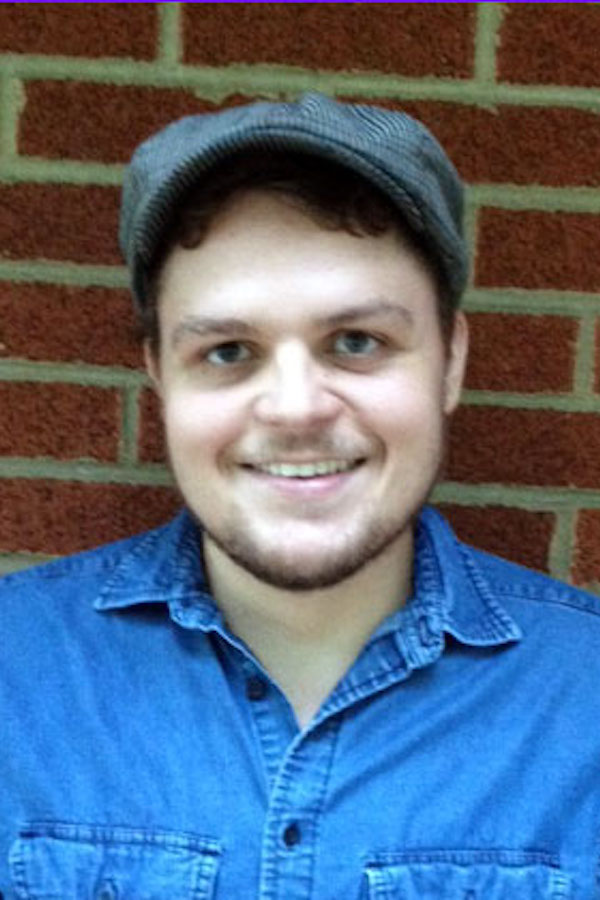
Bradley Sommer, graduate student, History
Inside Higher Ed: What About Graduate Students?

Chester Spatt, Pamela R. and Kenneth B. Dunn Professor of Finance and director of the Center for Financial Markets
Boston Globe: As the economy starts to shut down, should the stock market close, too?
Marker: Coronavirus Is the Black Swan CEOs Have Been Dreading
Washington Post: Is your travel company going out of business? Here's how to tell.
Atlanta Journal-Constitution: Loeffler reports more stock sales amid insider trading allegations
The Philadelphia Inquirer: Philly landlords face slim returns from retail tenants as first rents of coronavirus pandemic era come due
The Philadelphia Inquirer: Troubled-debt team assumes control of Philly hotel loan as coronavirus takes severe toll on visits to city
The Hill: Markets dismiss pandemic fears in bold bet on quick recovery

Richard Stafford, Heinz College Distinguished Service Professor of Public Policy and Traffic21 director
Pittsburgh Post-Gazette: In response to COVID-19 — and shift to remote work, school — tech services firms change policies

Robert Strauss, professor of economics and public policy
Lancaster Online: Can Pa. handle the crush of unemployed, underinsured and impoverished in COVID-19 crisis?

Stefanie Sydlik, assistant professor, Chemistry
World Economic Forum: Science leads the response to COVID-19. These 25 scientists are tackling the other global challenges

Lowell Taylor, H. John Heinz III University Professor of Economics
CNBC: The jobs recovery could be choppy, with some coming back quickly and others lost forever
Washington Post: Left out: More workers now losing hope of getting back jobs

Sridhar Tayur, Ford Distinguished Research Chair, University Professor of Operations Management
Atlanta Journal-Constitution: Desperate for supplies, some hospitals turn to 'gray market'

Rahul Telang, professor of Information Systems
MarketWatch: Why Americans are more willing to share their personal information for drug trials than contact tracing efforts

Fatma Zeynep Temel, assistant professor, Robotics Institute
World Economic Forum: Science leads the response to COVID-19. These 25 scientists are tackling the other global challenges
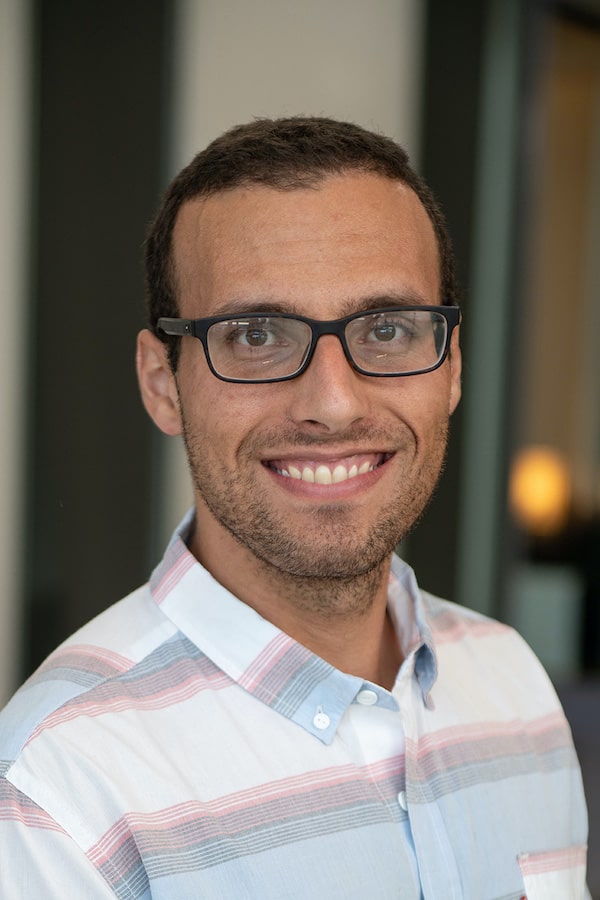
Ryan Tibshirani, associate professor of Statistics and Machine Learning
Financial Times: Can data save us from coronavirus?
MIT Technology Review: How Facebook and Google are helping the CDC forecast coronavirus

Susan Tsu, Bessie F. Anathan Professor of Design, School of Drama
Pittsburgh Post-Gazette: Behind the scenes, creatives are still pretty busy

Shu Lin Wee, assistant professor, Economics
Bloomberg: Millenials Are Getting Stung by Back-to-Back Global Crises
Fortune: How millenials are being set back by back-to-back global crises
Financial Times: The Recessionals: Why coronavirus is another cruel setback

Sean West, staff instructor, School of Drama
Pittsburgh Post-Gazette: Behind the scenes, creatives are still pretty busy
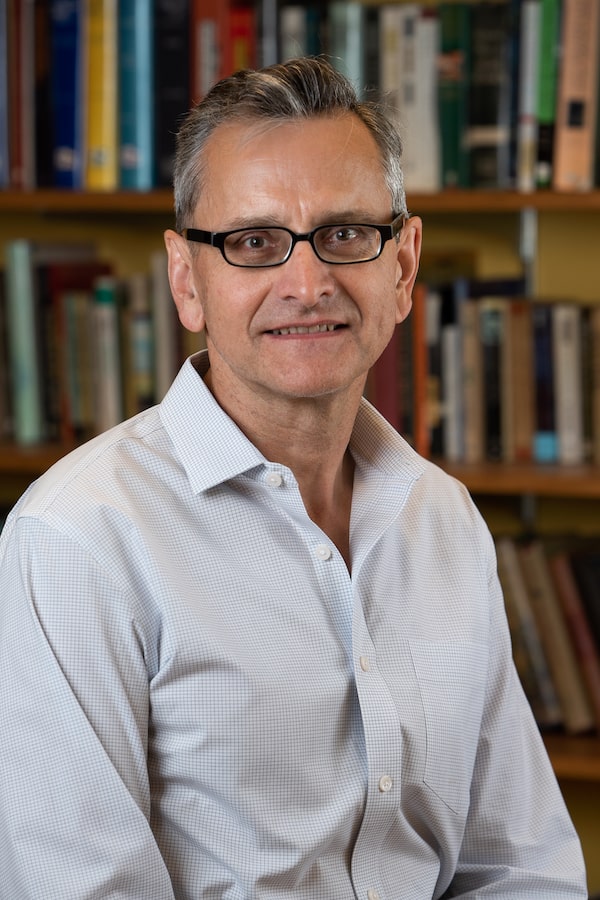
Jeffrey Williams, professor, English
Salon: As colleges go remote, students revolt against the state of higher-ed

Kelly R. Wilson, executive director of master's admissions, Tepper School of Business
U.S. News and World Report: What COVID-19 Means for International MBA Students
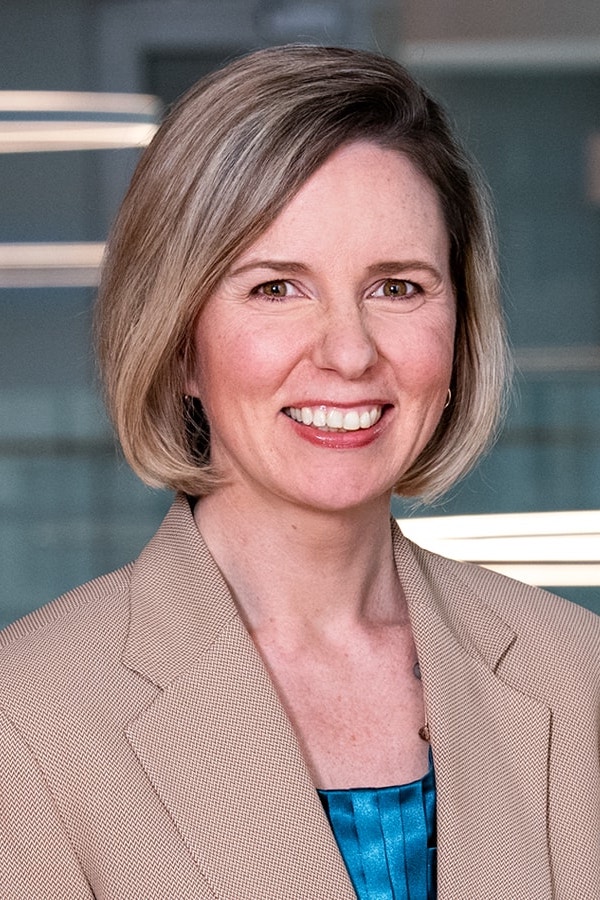
Anita Williams Woolley, associate professor, Organization Behavior and Theory
Forbes: 6 Ways You Can Stand Out in a Virtual Work Environment

Osman Yagan, associate professor of electrical and computer engineering
Science Daily: To predict an epidemic, evolution can't be ignored
Digital Journal: Tracking viral epidemics needs to account for evolution

Sevin Yeltekin, Rohet Tolani Distinguished Professor; Professor of Economics; Senior Associate Dean, Education
Fortune: Economics of a pandemic: In times of distress, girls and women are the biggest losers
Fortune: Are we headed for a depression? Economists weigh in
San Francisco Chronicle: Social distance puts squeeze on multigenerational homes
Yahoo Finance: Scams, Schemes and Crypto Privacy, Featuring Preston Byrne

Ariel Zetlin-Jones, associate professor, Economics
Yahoo! Finance: Coronavirus Trillions Get Bitcoiners Wondering if Halving Still Matters
The Washington Post: Trump's pandemic relief orders are limited in scope
Student Map Highlights Spread and Severity of COVID-19
Juniors Jason Zhu and Miranda Luong from CMU's Human-Computer Interaction department worked with friend Justin Chen, studying computer science at NYU, to create a map tracker for COVID-19 in an easily-accessible format. The team even share their code on the tracker's Info page. Popular Mechanics, The Pittsburgh Current and Towards Data Science have covered the map and its creators.
